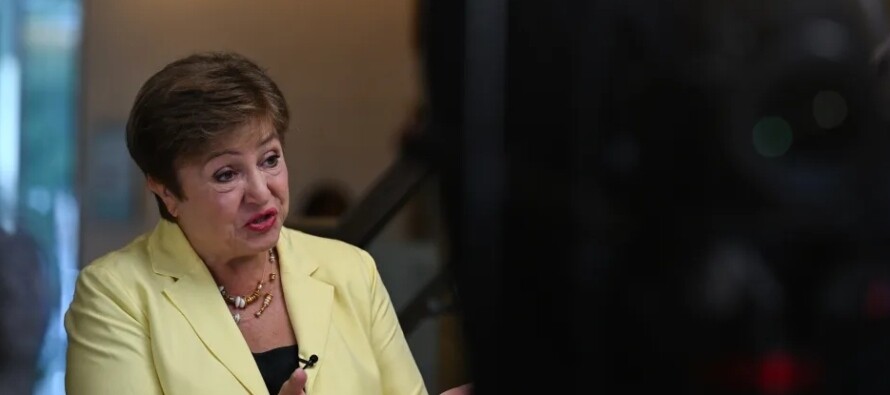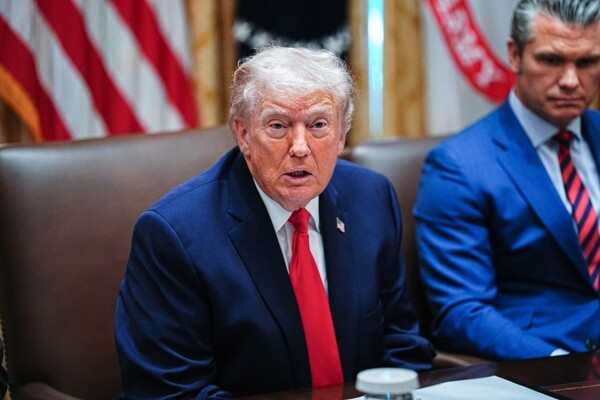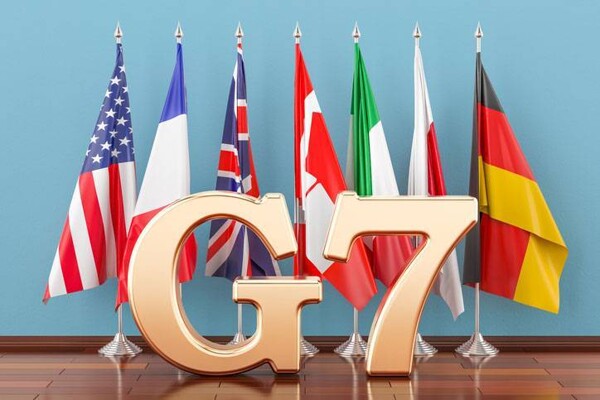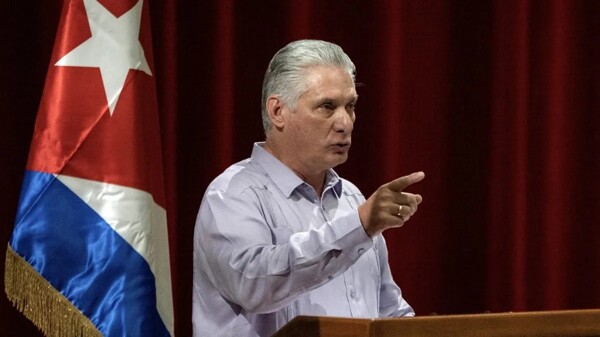
In the last session of the general assemblies, the Managing Director of the IMF, Kristalina Georgieva, expressed the importance of cooperation in a world still recovering from the pandemic and facing instability due to the war in Ukraine and conflicts in the Middle East. She pointed out that domestic policies are not enough to tackle current challenges and emphasized the need to maintain a spirit of concrete and viable cooperation.
Georgieva explained that current demands in terms of reconstruction and development require institutions that are more agile, simpler, and capable of addressing challenges on an unprecedented scale. During the event, Liechtenstein was welcomed as the IMF's 191st member, and economic reports were mentioned, such as the global economic outlook, which anticipates difficult times.
The IMF projected an average global GDP growth of 3.2% per year over the next five years, although global public debt will continue to rise. Georgieva warned of a possible negative scenario where debt could exceed up to 20% of global GDP. She stated that nations must emerge from less fortunate circumstances to reach their full potential.
For his part, the President of the World Bank, Ajay Banga, recalled that these institutions emerged in response to the devastation following World War II and highlighted the importance of making decisions for the future in a context of growing protectionism and measures that hinder global economic integration.
In a pre-recorded message, U.S. President Joe Biden emphasized the importance of building a stable, just, and prosperous world for all. In this context, the IMF and the World Bank stressed the urgency of acting and working together to tackle global challenges and strengthen international cooperation.














